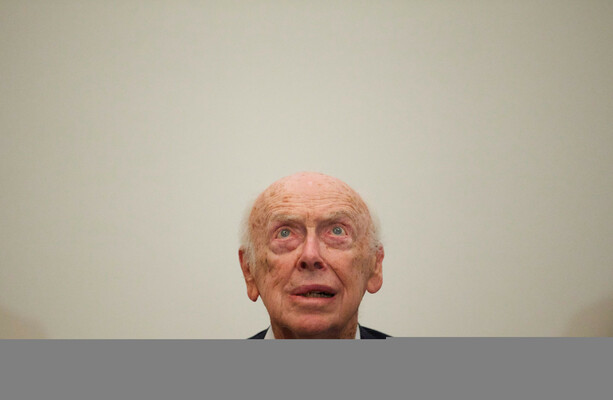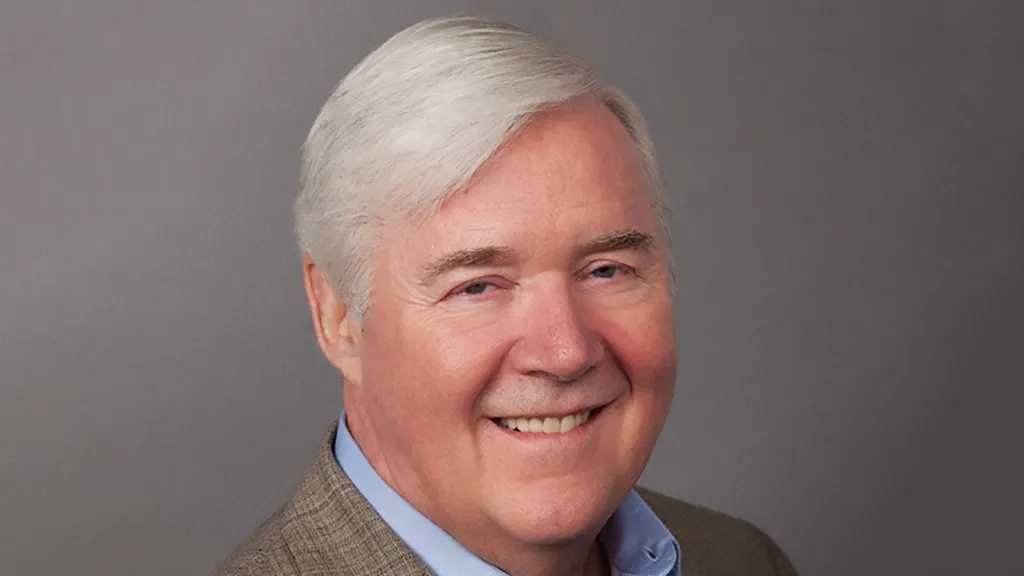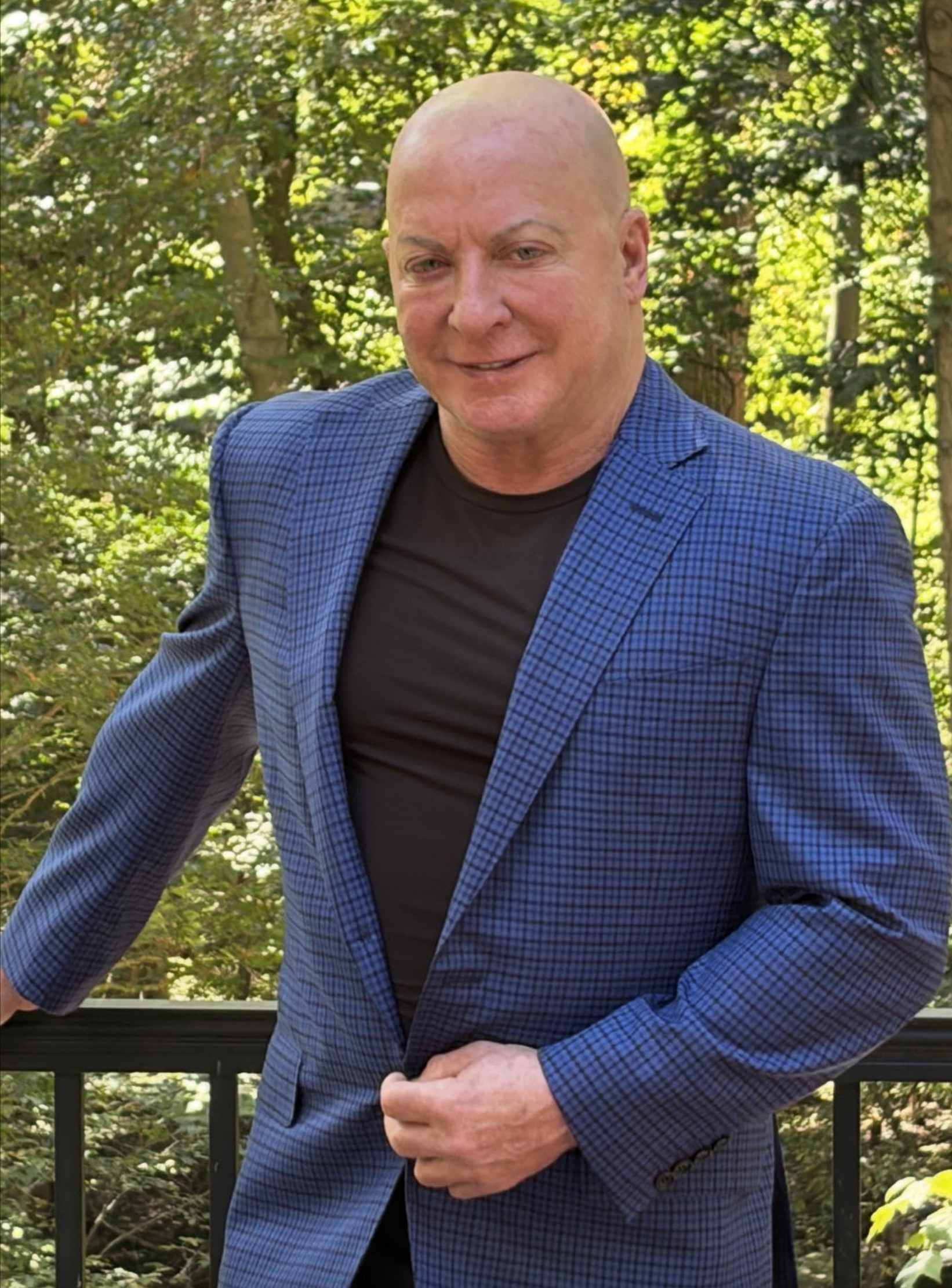Copyright thejournal

We need your help now Support from readers like you keeps The Journal open. You are visiting us because we have something you value. Independent, unbiased news that tells the truth. Advertising revenue goes some way to support our mission, but this year it has not been enough. If you've seen value in our reporting, please contribute what you can, so we can continue to produce accurate and meaningful journalism. For everyone who needs it. One-off amount I already contribute Sign in. It’s quick, free and it’s up to you. An account is an optional way to support the work we do. Find out more. Investigates Investigates Money Diaries The Journal TV Climate Crisis Cost of Living Road Safety Newsletters Temperature Check Inside the Newsroom The Journal Investigates Daft.ie Property Allianz Home The 42 Sport TG4 Entertainment The Explainer A deep dive into one big news story Sport meets news, current affairs, society & pop culture have your say Or create a free account to join the discussion Advertisement More Stories James WatsonPA James Watson, co-discoverer of double-helix shape of DNA, dies aged 97 Near the end of his life, Watson faced professional censure for offensive remarks, including saying black people are less intelligent than white people. 10.10pm, 7 Nov 2025 Share options JAMES D WATSON, whose co-discovery of the twisted-ladder structure of DNA in 1953 helped light the long fuse on a revolution in medicine, crimefighting, genealogy and ethics, has died aged 97, according to his former research lab. The breakthrough – made when the brash, Chicago-born Watson was just 24 – turned him into a hallowed figure in the world of science for decades. But near the end of his life, he faced condemnation and professional censure for offensive remarks, including saying black people are less intelligent than white people. Watson shared a 1962 Nobel Prize with British scientist Francis Crick and Maurice Wilkins for discovering that deoxyribonucleic acid, or DNA, is a double helix, consisting of two strands that coil around each other to create what resembles a long, gently twisting ladder. That realisation was a breakthrough. It instantly suggested how hereditary information is stored and how cells duplicate their DNA when they divide. The duplication begins with the two strands of DNA pulling apart like a zipper. Even among non-scientists, the double helix would become an instantly recognised symbol of science, showing up in such places as the work of Salvador Dali and a British postage stamp. The discovery helped open the door to more recent developments such as tinkering with the genetic make-up of living things, treating disease by inserting genes into patients, identifying human remains and criminal suspects from DNA samples and tracing family trees. But it has also raised a host of ethical questions, such as whether we should be altering the body’s blueprint for cosmetic reasons or in a way that is transmitted to a person’s offspring. “Francis Crick and I made the discovery of the century, that was pretty clear,” Watson once said. He later wrote: “There was no way we could have foreseen the explosive impact of the double helix on science and society.” Watson never made another lab finding that big. But in the decades that followed, he wrote influential textbooks and a best-selling memoir and helped guide the project to map the human genome. Advertisement He picked out bright young scientists and helped them. And he used his prestige and contacts to influence science policy. He gained unwelcome attention in 2007, when the Sunday Times Magazine quoted him as saying he was “inherently gloomy about the prospect of Africa” because “all our social policies are based on the fact that their intelligence is the same as ours – where all the testing says not really”. He said that while he hopes everyone is equal, “people who have to deal with black employees find this is not true”. He apologised, but after an international furore he was suspended from his job as chancellor of the prestigious Cold Spring Harbour Laboratory in New York. He retired a week later. He had served in various leadership jobs there for nearly 40 years. In a television documentary that aired in early 2019, Watson was asked if his views had changed. “No, not at all,” he said. In response, the Cold Spring Harbour Lab revoked several honorary titles it had given Watson, saying his statements were “reprehensible” and “unsupported by science”. Watson’s combination of scientific achievement and controversial remarks created a complicated legacy. He has shown “a regrettable tendency toward inflammatory and offensive remarks, especially late in his career”, Dr Francis Collins, director of the National Institutes of Health, said in 2019. “His outbursts, particularly when they reflected on race, were both profoundly misguided and deeply hurtful. I only wish that Jim’s views on society and humanity could have matched his brilliant scientific insights.” Long before that, Watson scorned political correctness. “A goodly number of scientists are not only narrow-minded and dull, but also just stupid,” he wrote in The Double Helix, his bestselling 1968 book about the DNA discovery. For success in science, he wrote: “You have to avoid dumb people. … Never do anything that bores you. … If you can’t stand to be with your real peers (including scientific competitors) get out of science. … To make a huge success, a scientist has to be prepared to get into deep trouble.” Press Association View 6 comments Send Tip or Correction Embed this post To embed this post, copy the code below on your site Email “James Watson, co-discoverer of double-helix shape of DNA, dies aged 97”. Recipient's Email Feedback on “James Watson, co-discoverer of double-helix shape of DNA, dies aged 97”. Your Feedback Your Email (optional) Report a Comment Please select the reason for reporting this comment. Please give full details of the problem with the comment... This is YOUR comments community. Stay civil, stay constructive, stay on topic. Please familiarise yourself with our comments policy before taking part. Leave a Comment Submit a report Please help us understand how this comment violates our community guidelines. Damaging the good reputation of someone, slander, or libel. Racism or Hate speech An attack on an individual or group based on religion, race, gender, or beliefs. Trolling or Off-topic An attempt to derail the discussion. Inappropriate language Profanity, obscenity, vulgarity, or slurs. Advertising, phishing, scamming, bots, or repetitive posts. Please provide additional information Thank you for the feedback Your feedback has been sent to our team for review. Leave a commentcancel Newly created accounts can only comment using The Journal app. This is to add an extra layer of security to account creation. Download and sign into the app to continue. Access to the comments facility has been disabled for this user View our policy ⚠️ Duplicate comment Post Comment have your say Or create a free account to join the discussion james d watson News in 60 seconds fast friends Trump open to exempting Hungary from Russia oil sanctions, as he cosies up to Orban Kerry's Clifford and Tipperary's McGrath win GAA Player of the Year awards Here's What Happened Today: Friday Ennis District Court Restraining order for man accused of destroying neighbour's floral display with weedkiller your stories Did you delay having kids? We want to hear your stories Hundreds of US flights cancelled amid government shutdown (but Irish flights aren't expected to be affected) Mechanic who knocked down and killed man on dark road receives suspended sentence National Security Concerns across Europe that Ireland's military shortfalls could put major summit at risk Niall O'Connor Letterkenny Man drove stolen bus from Donegal to Dublin because other bus was full, court hears Judge 'very uncomfortable' ordering woman to leave hospital after 725 days, court hears Right-wing extremist group planned to 'target IPAS centres, mosques and hotels', court hears more from us Investigates Money Diaries The Journal TV Journal Media Advertise With Us About FactCheck Our Network FactCheck Knowledge Bank Terms & Legal Notices Terms of Use Cookies & Privacy Advertising Competition more from us TV Listings GAA Fixtures The Video Review Journal Media Advertise With Us Our Network The Journal FactCheck Knowledge Bank Terms & Legal Notices Terms of Use Cookies & Privacy Advertising Competition © 2025 Journal Media Ltd Terms of Use Cookies & Privacy Advertising Competition Switch to Desktop Switch to Mobile The Journal supports the work of the Press Council of Ireland and the Office of the Press Ombudsman, and our staff operate within the Code of Practice. You can obtain a copy of the Code, or contact the Council, at https://www.presscouncil.ie, PH: (01) 6489130, Lo-Call 1800 208 080 or email: mailto:info@presscouncil.ie Report an error, omission or problem: Your Email (optional) Create Email Alert Create an email alert based on the current article Email Address One email every morning As soon as new articles come online



